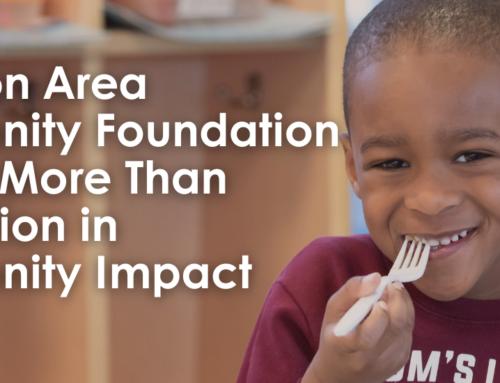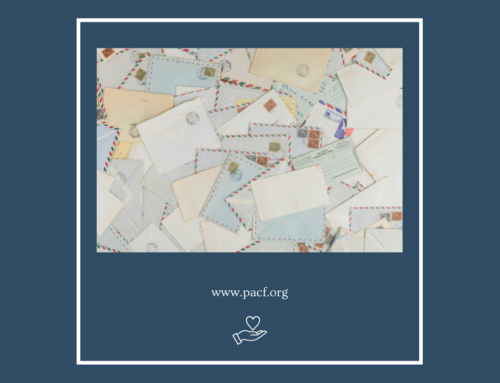by Justin Goldberg
– VP, Communications
I’m recently back from the Knight Foundation’s Media Learning Seminar in Miami, and would like to share a few reactions and to point our readers to some of the highlights, many of which are available as transcripts and videos online.
For the past several years, Knight has partnered with community foundations throughout the country in the Knight Community Information Challenge (KCIC), a matching grant program designed to support local initiatives that address critical information needs. If that sounds very broad … well, it is. The range of projects undertaken in recent years attests to the creativity of the community foundation field and to Knight’s vision. Just consider the following examples from this year’s grantees:
- A regional planning initiative in Silicon Valley
- An effort to alleviate an early education achievement gap in Boulder, CO
- A “United Way for the environment” in Western New York
- A radio show in West Anniston, AL
- A statewide problem-solving challenge in Minnesota
Videos of brief presentations describing these projects are available on the MLS website, along with other sessions and the keynote speeches. I was especially riveted by the opening address from Dan Gillmor, author of Mediactive (the entire book is available on his website). I came away from the conference with several strong impressions:
Information is the backbone of democracy. Without access to information about public policy, current events, and career opportunities, and without the tools to navigate, understand, and act on such information, many people in our society are denied a voice. On the bright side, lots of good work is being done on a local level by nonprofits, community foundations, libraries, media centers, and other partners. Some of these efforts are very focused and have modest ambitions; others, like the work being done at the Chicago Community Trust, are truly transforming local and regional media landscapes.
Every community is different, but we have a lot in common. Many of the challenges we face on a local level are being addressed in different ways throughout the country. Working partnerships exist between community foundations not only on a regional level, but in terms of certain attributes that characterize the places we serve. Likewise, our professional practice is similar regardless of scale or location; insights on youth media engagement gleaned from a project in a small southern town are relevant and instructive for everyone.
Libraries, and librarians, are awesome. Libraries don’t just house stacks of musty books, they are on the front lines of teaching digital literacy and preparing Americans with 21st century skills. According to the ALA, 60% of urban libraries offer formal classes in computer labs. In many communities, the public library is the only place to get free Internet access and instruction on how to search for a job — and I heard someone at the conference say (though I don’t know the source) that more than 90% of job opportunities are posted exclusively online.
Education is a matter of security. Chris Barge of Boulder, Colorado gave a moving presentation in which he said that education is a matter of personal, economic, and national security: personal because it is so integral to every individual’s future; economic because more workers means more people paying into the tax base rather than relying on it for assistance; and national because an estimated 75% of 17 – 21 years olds in the U.S. don’t possess the basic skills needed to enlist in the military. It was a powerful formulation of an idea that educators and advocates should communicate more clearly and more often.
Be optimistic. If Dan Gillmor is right and the Internet has reached only a fraction of its potential (a 2 on a scale of 1 to 10, in his estimation), it is truly an exciting time to be grappling with these issues. It was incredibly inspiring to see what other community foundations around the country are doing to address local information needs, and we are investigating whether and how we might bring some of these innovative ideas to Mercer County (one presenter at the conference hilariously said, “Steal these ideas!”). A few questions we are considering — and ask you to consider with us:
- How might we support innovation from the ground up, and equip our nonprofit partners with more of the tools and information they need?
- How might we help to deepen the conversation and media focus in our community, so that the public sees more news from the nonprofit sector than a photo from a black tie event in the Lifestyle section?
- How might we assess the information needs of our community, in order to identify the most pressing issues and opportunities?
Stay tuned for more on this subject. In the meantime … do you have any ideas or suggestions?





